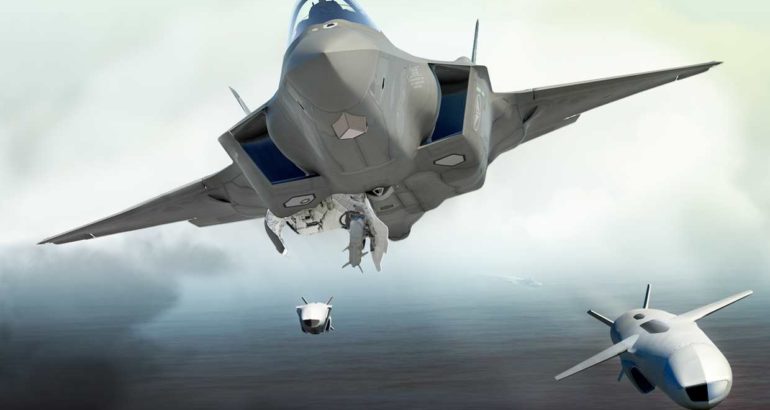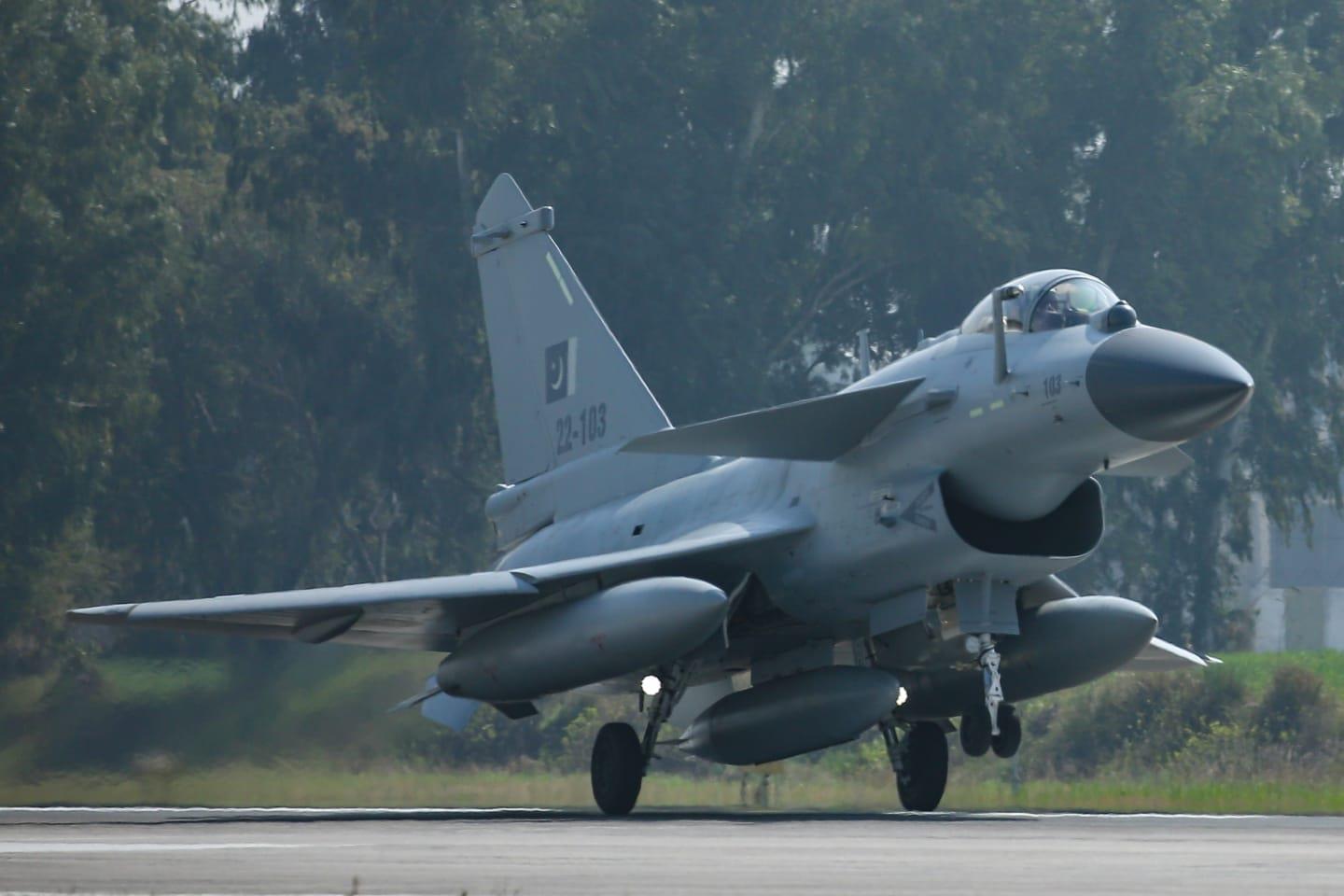The U.S. Department of Defense has chosen four companies to create prototypes of a modular drone designed for testing payloads, sensors, and other technologies, while being affordable and scalable for mass production. Anduril Industries, Integrated Solutions for Systems Inc., Leidos Dynetics, and Zone 5 Technologies were selected for the Enterprise Test Vehicle (ETV) project, as announced by the Air Force Armament Directorate and Defense Innovation Unit (DIU) on Monday. Over 100 firms applied to join this initiative.
The first flight demonstrations of these prototypes are expected in late summer or fall. Following these tests, DIU and the Air Force will select the most promising prototypes for further development into versions suitable for rapid production.
Andrew Hunter, the Air Force’s assistant secretary for acquisition, technology, and logistics, expressed excitement about the partnership with DIU, highlighting the opportunity to leverage industry innovations to create affordable and scalable test capabilities.
Cassie Johnson, ETV program manager for the Air Force Armament Directorate, emphasized the importance of involving non-traditional aerospace firms to meet the program's goals related to cost, timeline, and production quantities.
The ETV is envisioned as a test vehicle using an open systems architecture, allowing for modular subsystem updates to validate new components. According to a DIU solicitation from September 2023, the system should have a range of 500 nautical miles (926 kilometers) and be capable of delivering a kinetic payload.
To keep costs low and ensure supply chain efficiency, DIU and the Air Force have mandated the use of commercial off-the-shelf components and minimizing the use of expensive materials. The drones should also avoid being "over-engineered" and utilize modern manufacturing and design techniques to enable high-rate production.
The ETV is designed to be deployed in large numbers with various launch methods to create significant challenges for any adversary. It is part of the Pentagon's ambitious Replicator program, with collaboration from the Air Force Research Laboratory, U.S. Special Operations Command, Naval Air Systems Command, and U.S. Indo-Pacific Command.
Jason Levin, senior vice president of Anduril’s air dominance and strike division, stated that Anduril aims to deliver a modular and affordable prototype for large-scale future aircraft production, emphasizing the company's commitment to providing capabilities within years, not decades.
Mark Miller, senior vice president for missile and aviation systems at Leidos Dynetics, highlighted their aircraft proposal as a compelling offer for the ETV project, merging their strike systems expertise with recent drone development experience.
Kyle Maxhimer, president of Zone 5, noted that the ETV project aligns with their work on unmanned aerial systems and advances their air-launched effects technologies. Integrated Solutions for Systems Inc. did not provide an immediate statement.
Overall, this initiative represents a significant step towards enhancing modular and scalable drone technology for defense applications.
:quality(70)/cloudfront-us-east-1.images.arcpublishing.com/archetype/YKD2PWYH3ZCELI54G5COAIIVAM.png)
:quality(70)/cloudfront-us-east-1.images.arcpublishing.com/archetype/KBLXIZ3BJZCEZKDWO26CGV473Q.jpg)




